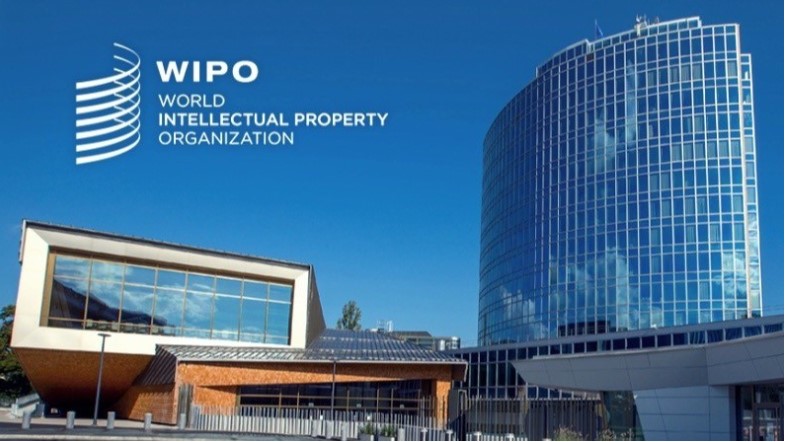WIPO Offers 16 Free Online Courses on Sustainability & Intellectual Property

The **World Intellectual Property Organization (WIPO)** has launched **16 free online, self-paced courses** designed to strengthen skills in sustainability, innovation, and intellectual property (IP). These courses are open to students, entrepreneurs, researchers, policymakers, and legal practitioners, aimed at equipping them with knowledge in IP management and how it intersects with sustainable development.
Quick Insight: Free access to specialized IP education can empower creators and innovators in the Global South, enabling local solutions, better IP protection, and opportunities for global competitiveness.
1. What’s Being Offered
• A spectrum of courses ranging from beginner-friendly IP primers to specialized topics like patent drafting, trademarks, and geographical indications.
• Covers traditional knowledge and cultural expressions, collective management for rights holders and CMOs (Collective Management Organizations).
• Also includes practical skills like patent searches, arbitration & mediation under WIPO rules, and how IP links to exports.
2. Who Can Benefit & Why It Matters
• Students, researchers, creators, and entrepreneurs who want to understand how IP protects innovation and creativity.
• Policymakers and legal professionals can use the courses to shape better IP policy and governance in their countries.
• Helps bridge the gap in awareness and capacity around IP in many parts of the Global South, where legal and technical expertise is not always accessible.
• Supporting sustainability by integrating IP with environmental, cultural, and economic concerns.
3. How to Enroll & Use These Opportunities
• Visit the WIPO Academy portal; courses are free and many include certificates upon completion.
• Plan your time: being self-paced means you can learn alongside other commitments.
• Apply the learning: use your new IP knowledge in business, research, or creative work to protect your innovations.
• Share with peers: spreading awareness means more people can benefit from this resource.
Global & African Takeaways
• For many African innovators, these courses offer a low-barrier way to build IP literacy, which can help in securing patents, trademarks, or cultural heritage protections.
• Governments and institutions can encourage uptake by recognizing certificate credentials and supporting infrastructure like reliable internet access.
• Access to IP knowledge can bolster export potential, local manufacturing, creative industries, and sustainability agendas.
• Strategic partnerships (between universities, IP offices, NGOs) can amplify the impact of these free resources.
